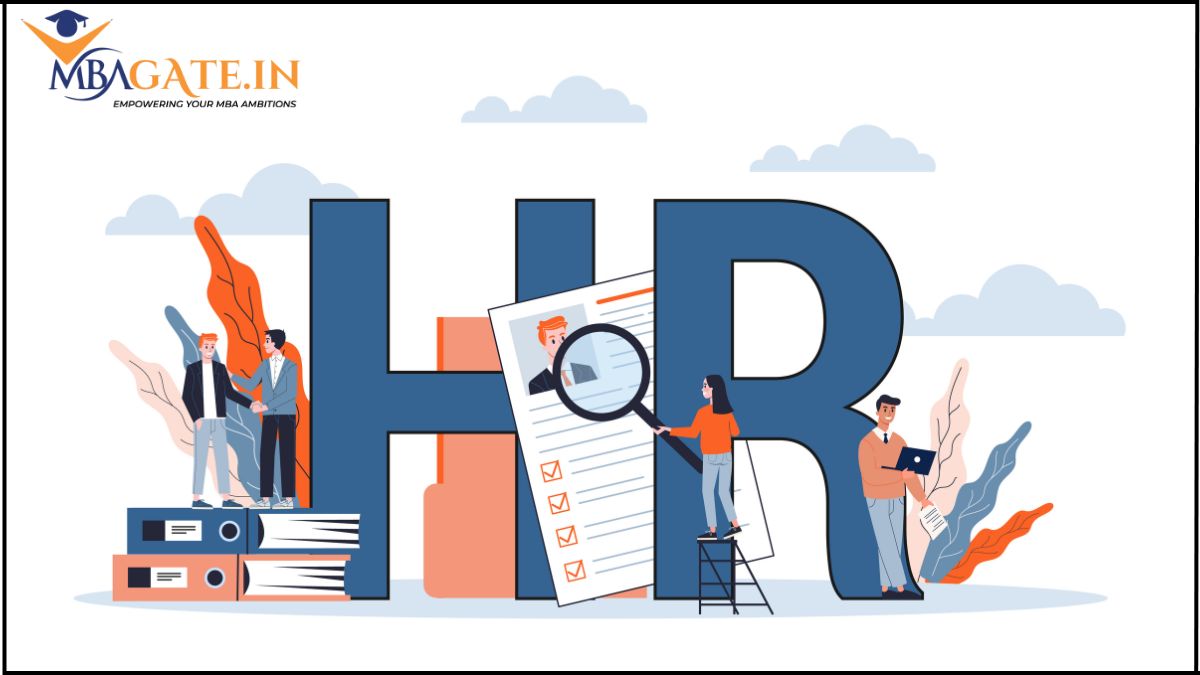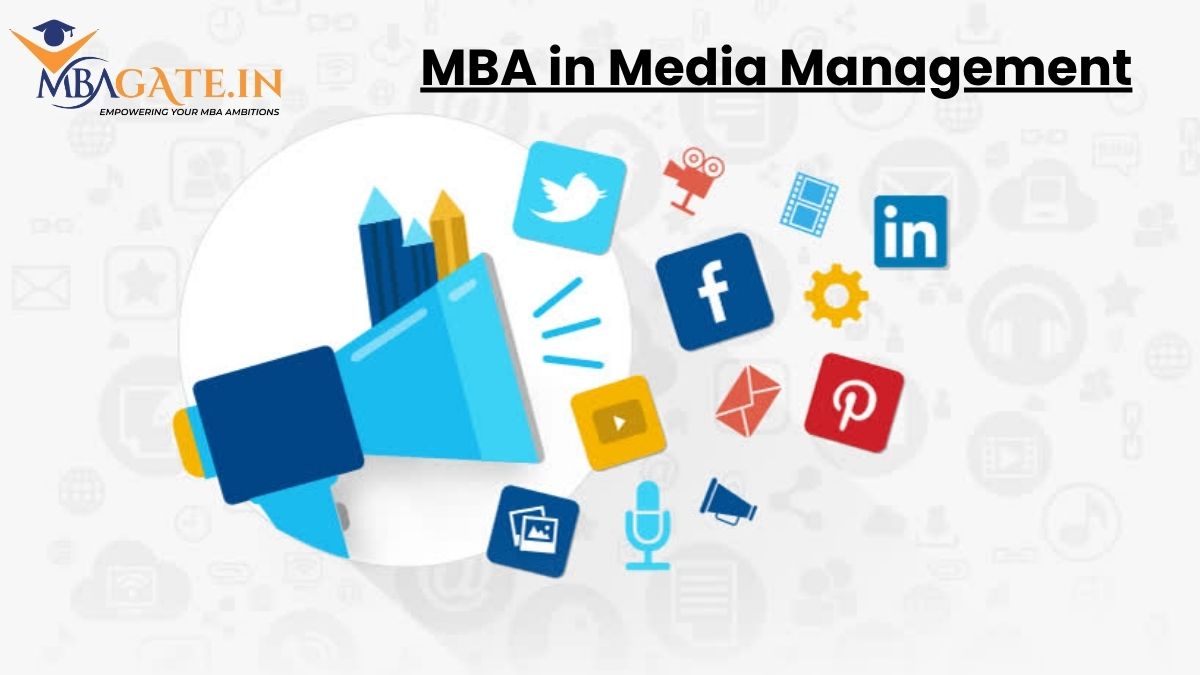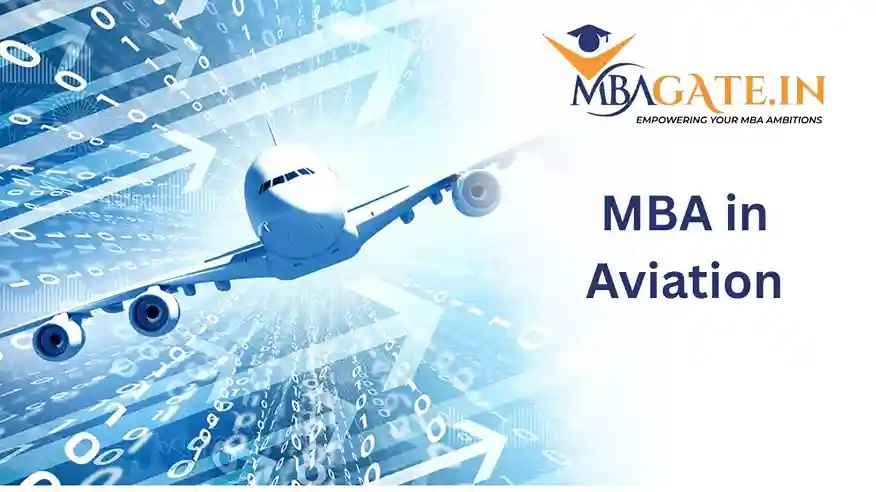MBA in Human Resource Management
During the first year of study in the MBA HRM program, students study core subjects common to all MBA specialisations. These are financial accounting, marketing management, managerial economics, operations management, organisational behaviour and business communication. To this, exposure is also given to subjects related to HR like principles of human resource management, labour laws and industrial relations. This provides the students with a strong foundation in general management and human resource management.
The second year of the course deals with more specialised human resource topics. They are strategic human resource management, talent retention and acquisition, compensation and benefits, training and employee development, HR analytics and organisational development. Students also learn about performance management systems, employee engagement methods, workplace ethics and international human resource practices. The course often provides electives so that students can gain knowledge about labour laws, global HRM and HR technology.
Practical training is a key part of the MBA HRM course. Internships, group work, case studies and simulations are all undertaken by the students. Guest lectures and workshops are conducted by several colleges where HR leaders and industry professionals come to enlighten the students with their experiences. This informs the students about actual HR challenges and how they can be overcome.
An MBA in HRM offers a broad array of professional opportunities. Candidates can be employed as HR Managers, Talent Acquisition Specialists, Compensation Managers, Employee Relations Officers, Training and Development Managers or HR Business Partners. They can work in numerous industries such as information technology, banking, healthcare, manufacturing and services.
Highlights: MBA HR Specialisation
The table below lists important program details such as duration, eligibility, course fees and top recruiting companies. The table contains critical information for students interested in obtaining an MBA in Human Resources.
What is an MBA in Human Resource Management?
MBA students in human resource management learn the skills and know-how to successfully manage and lead an organisation's workforce. The MBA program in HR management curriculum consists of core business topics along with specialised human resource courses in organisational behaviour, labour relations, employee development, talent hiring and compensation management. Most good Indian universities have come up with an MBA human resources course curriculum to educate students about how to synchronise HR strategies with the goals and objectives of a business, manage and solve intricate legal and ethical problems and ensure a healthy and positive working culture.
The main emphasis of the curriculum is leadership development, enhancing the leadership abilities of the candidate and making him or her ready to effectively manage and lead a group within the business. This enables students to open their own HR consulting practice or seek leadership and management roles in human resources. The graduates of the program are ready to address the needs of the workforce today and apply human capital management to drive organisational achievement.

Why study for an MBA in HR?
The following is why having an MBA and working in human resources is significant:
A master's degree in human resource management would enable one to raise their income. One can anticipate a 50% rise in base pay.
A postgraduate qualification in human resources equips the applicants with skills necessary to run and supervise a workforce in terms of the organisation's unique needs. Therefore, an MBA holder in human resources can more easily occupy leadership roles.
Numerous recognised universities in India provide a range of certifications, including the Certified Talent Management Practitioner Programme and the SAP HR Certification. Hence, a student may opt to pursue these certifications so that they can gain promotion in their career after acquiring an MBA in HR.
Human Resource Management Courses: Who should study?
Despite the fact that any professional can pursue an MBA with a human resource focus. The following are some important considerations for those who may decide to pursue this degree:
Professionals with the appropriate skills to be an HR professional are awarded a generous and promising compensation package.
In India, anyone can earn a Master of Human Resources degree, either online or part-time. Because of this functionality, it's an excellent alternative for professionals or students with limited time or money.
Professionals with extensive work experience can advance in their jobs because human resources MBA programs do not discriminate based on age.
Entrance Exam
Several national and state-level entrance tests are held to secure entry into India's high-level management colleges for an MBA course in marketing management. They include the following:
The Common Admission Test or CAT, is one of the most coveted entrance tests held every year in India for management college admission. One needs to have high CAT scores to get into high-level management colleges.
The Management Aptitude Test, or the MAT for short, is a standardised examination held every year since 1988 to help business schools screen candidates for MBA and similar programs.
The GMAT is another name for the Graduate Management Admission Test. GMAC provides candidates with an online test every year to check their fitness for MBA courses at Indian and foreign universities.
The Common Management Aptitude Test, or CMAT, is a yearly countrywide test conducted by the National Test Agency (NTA).
XAT: The Xavier School of Management administers the XAT test, which is available to final-year students and undergraduate degree holders.
Since some of the Indian universities are considered private, some entrance exams are conducted at the university level in order to determine a student's fitness for admission.
Eligibility Requirements
The essential prerequisites for enrolment in the MBA in Marketing program are covered in the following:
All students must have earned a bachelor's degree in any field from an accredited university with a minimum passing percentage of 50% or an equivalent CGPA.
Students in the OBC, SC and ST reserved categories are exempt from the 5% passing percentage requirement.
Students can apply in their last year after obtaining a no-objection certificate from the principal.
Admission to prestigious universities such as IIMs and IITs requires a minimum merit score of 60%.
Students must perform well on the entrance exam if they wish to be admitted to the top universities.
Admission Process
The admission process for an MBA in Marketing involves the following steps:
Students have to clear entrance tests like the CAT, XAT, CMAT, SNAP, GMAT and other private university-based exams, as applicable per university.
Once they have cleared the entry tests as demanded by their various universities, the students need to go through the group discussion and personal interview phases. These phases are intended to evaluate the communication and problem-solving skills of the students.
The final choice in the universities is made based on the aggregate score, which is calculated with the help of the entry exam outcome, GD/PI performance and work experience.
Subjects
Human Resources is transitioning from a supporting role in the company to a primary one in the corporate world. In today's dynamic commercial world, technology has driven innovation. Many recognised universities in India provide an MBA in Human Resource Management to prepare professionals for organisational and social welfare. It integrates corporate goals with ethical and social concerns. These courses are intended to integrate the interests of employers and employees while also providing a systemic perspective on human resource strategies.
MBA in Human Resource Management Online/Distance
In India, an online or distance-learning master's degree in human resources, or MBA, typically requires two years of correspondence study after graduation. Students can continue to work while pursuing an MBA in HR via distance learning.
Qualified students can apply for an MBA in Human Resources via distance mode based on their graduation grades and scores from major entrance exams such as CAT, XAT, NMAT or SNAP. Some universities conduct entrance exams for students who want to be admitted to their college. Applicants must have a qualifying bachelor's degree with at least 50% of the possible points, a qualifying entrance exam score, and, if required, work experience in order to be admitted to the Distance MBA in HR program. Work experience, on the other hand, is optional but can be useful because students with extensive work experience understand theoretical knowledge more effectively.
Top Colleges with specialisations in PGP/MBA – Human Resources
According to the NIRF ranking, the universities listed below are the best for an MBA in human resources. These universities provide a two-year human resources PGP/MBA program.
Specialised MBA in Human Resource Colleges List
According to NIRF, the universities listed below are among the best private and public institutions offering a specialist two-year MBA in human resources. Here, human resources-related courses like performance management, employee relations, organisational behaviour and recruitment specialists are the main focus of the curriculum. With an average annual compensation of ₹29.89 lakh and a tuition of ₹28.60 lakh, XLRI—Xavier Labour Relations Institute—in Jamshedpur is one of the greatest private colleges. Mahindra, Wipro, Reliance Industries and TATA Consultancy Services are the firms that provide placements.
| College Name | Duration | Fees | Average Package |
| XLRI-Xavier Labour Relations Institute, Jamshedpur | 2 Years | ₹28.60 Lakhs | ₹29.89 Lakhs per annum |
| MDI-Management Development Institute, Gurgaon | 2 Years | ₹24.99 Lakhs | ₹25.5 Lakhs per annum |
| IIM Indore—Indian Institute of Management, Indore | 2 Years | ₹18.42 Lakhs | ₹22.0 Lakhs per annum |
| SCMHRD-Symbiosis Centre For Management & Human Resource Development, Pune | 2 Years | ₹27.06 Lakhs | ₹24.28 Lakhs per annum |
| NMIMS School of Business Management, Mumbai | 2 Years | - | ₹25.13 Lakhs per annum |
| IMI-International Management Institute, New Delhi | 2 Years | ₹22.00 Lakhs (Tuition Fees) +₹3.83 Lakhs (Hostel Fees) | ₹16.07 Lakhs per annum |
| IIM Ranchi—Indian Institute of Management, Ranchi | 2 Years | ₹17.2 Lakhs | ₹ 18.69 Lakhs per annum |
| Tata Institute of Social Sciences (TISS)—Mumbai | 2 Years | ₹1.85 Lakhs | ₹26.31 Lakhs per annum |
| XIM University Bhubaneswar | 2 Years | ₹ 21 Lakhs | ₹ 18.5 Lakhs per annum |
List of colleges in Human Resources - Other programs
These courses are offered by the top public and private colleges, according to the NIRF. The table also includes the program's duration and related costs. It includes private institutions like Xavier Institute of Management, XIM University, Bhubaneswar, and governmental institutions like IITs.
MBA in HR Specialisation: Job profiles
The need for seasoned HR specialists has increased in both the public and private sectors in light of the current situation. Maintaining a good working connection between a firm and its employees is the primary responsibility of an HR professional. Experts in human resources are the foundation of any business. They are in charge of the business's general operations and have a big say in how the company is viewed. They are therefore employed by both large and small businesses to oversee their workplace culture.
Future Scope
The scope of an MBA in HR is increasing day by day and graduates with a degree in human resource management will be able to find a significant boost in career opportunities. Transformation in different industries at the current moment involves technological advancements, dynamics of workers and changing and developing corporate needs. Most companies will start implementing AI and automation and HR professionals will recruit based on data-driven recruitment, employee performance and talent nurturing through data analytics. In the current corporate environment, everything traditional will be secondary and the activities of the firm will be more employee performance and diversity-orientated.
With the growth of remote work and hybrid trends, human resource management also needs to evolve to new methods of managing and integrating a global workforce. Today, human resources will be responsible for guiding the firm through marketplace shifts, promoting learning and ensuring that business strategy is integrated with human capital for the firm's overall benefit. In every firm, human resources will be responsible for flexibility, innovation and developing conditions in which individuals can contribute to organisational success.
Conclusion
An MBA in Human Resource Management gives a comprehensive and strategic foundation to individuals who wish to become HR executives. An HR management degree gives students the knowledge, skill and competence necessary to navigate the intricacies of workforce management in contemporary times. The fields of expertise are talent procurement, employee growth, organisational behaviour and compliance with laws. Experts who complete this degree will be able to drive business success by efficiently managing people. Due to the constantly changing nature of organisations and the role played by HR in moulding workplace culture and performance, an MBA in HR leads initiatives that align human capital with business goals.
FAQs
A two-year postgraduate degree program called an MBA in Human Resource Management (HRM) teaches students for positions like HR or human resources management. The curriculum blends HR courses from an HR master's program with management courses from a conventional MBA.
The average salary of MBA HR graduates is 46,000 per month.
Strategic HR planning, talent acquisition, employee relations, compensation management, and organisational behaviour are just a few of the many topics covered in an MBA program in HR management with additional incentives available to them at regular intervals.








